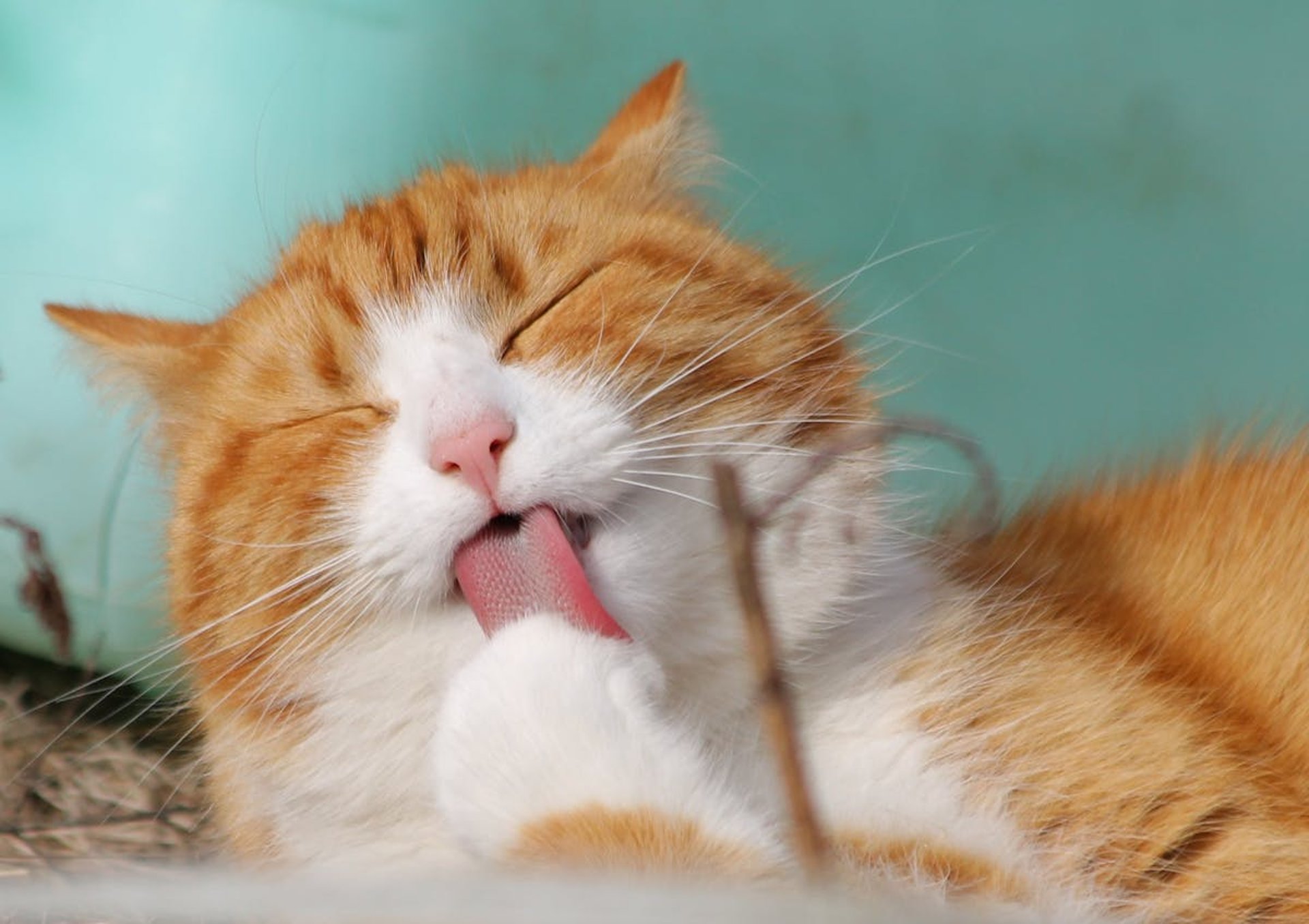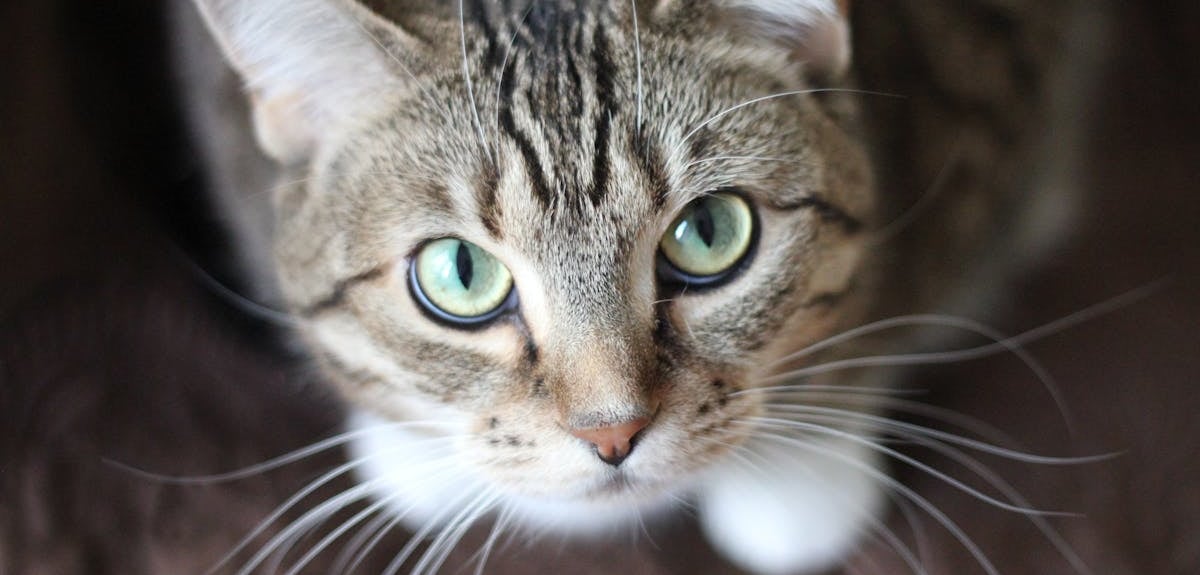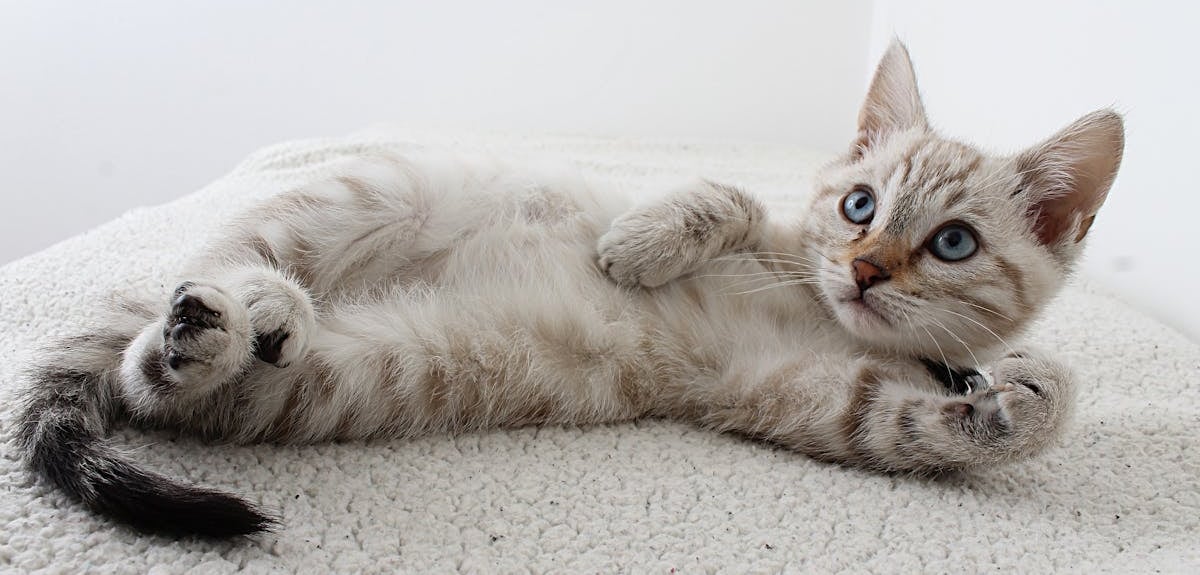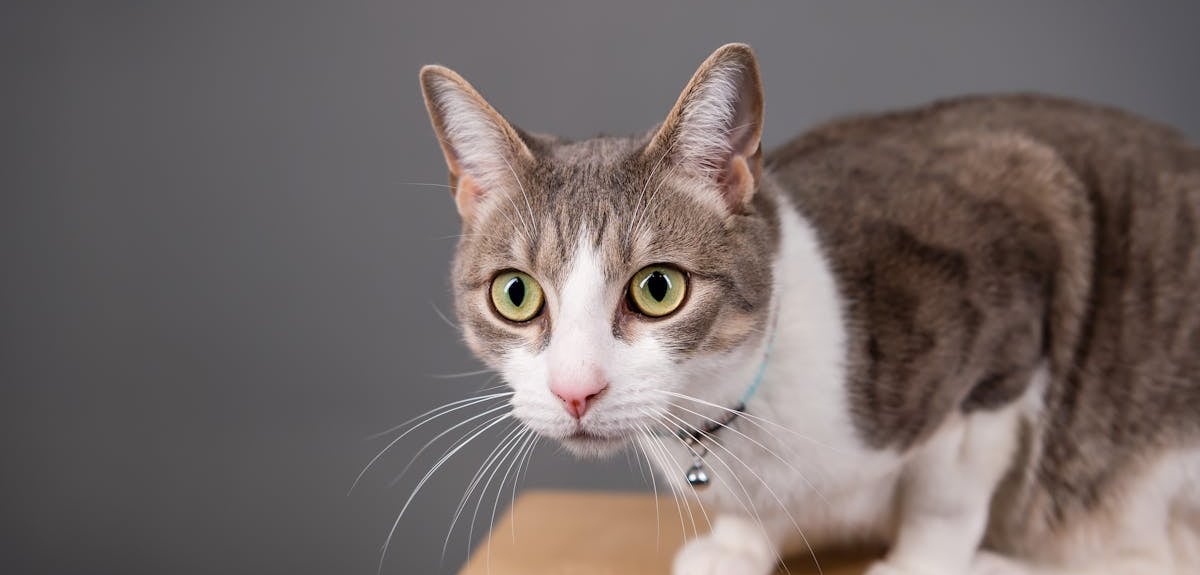Guaranteed Comfort and Complete Care for Your Pet.

Ten Facts About Cat Behavior Dubai Vets Want You To Know


Cat behavior is often misunderstood, even by people who have lived with cats for years. In Dubai, most cats live indoors. That makes it even more important to understand what their actions mean. Some behaviors may seem strange, but they usually have simple explanations. You should ask about these things during visits to a vet clinic Dubai pet owners trust. Local veterinarians often explain the same things over and over—because people care but aren’t sure how to read their cats. If you want to better understand your pet, start with these useful facts about cat behavior. They’ll help you respond better, improve your cat’s life, and reduce stress at home.
Cats are Good at Hiding their Illness
Cats often hide pain or illness through small behavior shifts. That’s why changes in grooming, eating, or energy should never be ignored. One of the key facts about cat behavior is that silence doesn’t mean health. A cat may stop playing, eat less, or sleep more than usual. These signs often show up before more obvious symptoms. If your pet suddenly avoids food or stops grooming, something may be wrong. Cats rarely show pain the way dogs or humans do, so it’s important to stay alert and take proactive steps. If your cat starts acting differently, don’t wait. Visit a trusted vet clinic in Dubai to check for underlying issues and stay up to date with cat vaccinations. Understanding these subtle clues helps keep your pet healthy. Quick action prevents bigger problems later.
Cats know how to hide their illness.
Scratching is the Right Thing for Cats to Do!
Scratching helps cats stretch, mark their space, and shed old nail layers. It’s one of the most basic cat behavior facts. You shouldn’t try to stop it. Instead, guide it. Use scratch posts or boards to give your cat a place to do it safely. That protects your furniture while meeting their needs. In small Dubai apartments, indoor cats need even more structure. Without scratching zones, they get frustrated or bored. Add scratching posts near resting spots or windows. Combine that with daily play. It keeps your cat active and less likely to act out. Scratching is normal and healthy. Understanding this behavior helps you build a better routine, so pay attention to when and where it happens. Then adjust your home to support it, as simple changes help both you and your cat feel more at ease.
Cats Are Creatures of Routine
Cats depend on routine to feel safe. Even small changes can make them anxious. Moving, meeting new people, or traveling can upset their habits. One of the key facts about cat behavior is that they prefer things to stay the same. They like to eat, sleep, and play on a schedule. In busy Dubai households, that structure often gets lost. However, keeping regular feeding times, quiet corners, and daily play helps your cat stay calm. Sudden shifts in noise or activity can cause stress. That stress often leads to hiding, aggression, or health issues. If your cat acts out, think about recent changes. Stick to a rhythm that works and keep your cat active with fun indoor games. That stability helps your cat feel secure and behave better at home.
Sudden Aggression May Be Dental-Related!
Sudden aggression in cats often has a medical cause. Pain in the mouth can lead to swatting, growling, or avoiding touch. Cats don’t always show discomfort clearly, so changes in behavior may be your first clue. Gum disease, loose teeth, or oral infections can all trigger irritation. That’s why regular dental care matters. A qualified cat dentist can help treat underlying pain that’s causing aggression or irritability. Dubai vets often see cats become calmer once dental issues are handled. Watch for signs like drooling, bad breath, or pawing at the face. These signs point to possible oral trouble, but early care prevents long-term damage. Don’t wait for severe symptoms. Staying ahead with dental checks keeps your cat healthy—and improves their behavior.


Cats love sticking to their routine.
Your Cat Might Not Like Being Picked Up Randomly!
Many cats dislike being picked up, and that’s perfectly normal. Each cat has its own comfort zone. Some enjoy cuddles, while others prefer space. Understanding body language helps prevent stress and scratching. If your cat pulls back, flattens its ears, or flicks its tail, it likely wants to stay grounded. Respecting those signs helps build trust. For better interaction, try the following:
Let your cat approach you first
Watch for relaxed ears and body posture
Avoid lifting when your cat is eating or sleeping
Support the back legs if you must pick them up
Always set them down gently
Learning your cat’s limits makes daily life easier. It also helps avoid bites or scratches. Forcing contact may cause fear or aggression, especially in new or young cats. Patience always leads to better bonding.
Not All Purring Means Happiness
Purring is often linked with comfort, but that’s not always the case. Many cats purr when they feel anxious, stressed, or even when they’re in pain. Dubai vets often remind owners that context is everything. If your cat purrs while hiding, refusing food, or acting differently, don’t assume it feels fine. Pay attention to the full picture. Look at their body posture, tail movement, and eyes. These signs matter more than sound alone. One of the most important things you can learn is this: purring can be a coping mechanism. It's not always a sign of happiness. Knowing that can help you act fast when something feels off. A quick check-up may prevent bigger issues later.
Excessive Meowing May Be a Health Red Flag
Excessive meowing can signal more than boredom or attention-seeking. It may point to pain, stress, or illness. Cats don’t always show symptoms the way humans expect. That’s why vocal changes matter. If your cat starts meowing more than usual, check for other signs. Look at eating, litter habits, or energy levels. One of the key facts about cat behavior is that they often vocalize when something feels wrong. Older cats may meow due to confusion or discomfort. Others might cry out from dental issues, anxiety, or hunger linked to medical conditions. Dubai vets often see cats with hidden issues show early signs through sound. Always take sudden behavior shifts seriously; a vet visit can help catch problems early and ease your cat’s distress.
Playtime Is a Behavior Regulator
Playtime helps regulate behavior and supports your cat’s physical and mental health. Boredom often leads to scratching, meowing, or biting. That’s why daily play is important. Indoor cats, especially in Dubai apartments, need this outlet to stay balanced. One of the most overlooked cat behavior facts is how much routine play can reduce stress. Toys, climbing towers, and tunnels help cats burn energy and stay alert. Rotate toys often to keep them interested. Make time each day for short play sessions. Use string toys, feathers, or small balls to keep your cat active. Climbing options also add value, giving them safe places to jump and perch. Simple routines go a long way in improving behavior. Play isn’t optional—it’s part of their health care.
Kittens Are Prone to Behavioral Changes During Illness
Kittens often show behavior changes before illness becomes obvious. Lethargy, hiding, or refusing food can be early signs of parvo. One of the most important cat behavior facts is that silence can signal something serious. Parvo can move quickly and become deadly without fast care. Watch for sudden shifts in energy or appetite. If your kitten is unusually withdrawn or weak, consult a vet about parvo kittens treatment. Early care gives your pet the best chance to recover. Don’t wait for vomiting or diarrhea to take action. Quick response saves lives and reduces long-term damage. Stay alert to changes and always trust your instincts. Your kitten’s behavior often says what words cannot.


One of the facts about cat behavior is that they don't like to be picked up randomly.
Don't Wait, Regularly Check Up on Your Cat's Health
Understanding your cat’s behavior helps you catch health issues early. Small changes in habits, mood, or activity often signal something deeper. Don’t ignore signs like hiding, vocal changes, or refusal to eat. These shifts may point to stress, dental pain, or illness. Always stay alert and act fast. Regular check-ups, proper care, and timely cat vaccinations can prevent bigger problems later. If anything feels off, visit a trusted vet without delay. Quick action protects your cat’s health and comfort. Paying attention now can make a big difference in your cat’s long-term well-being.

